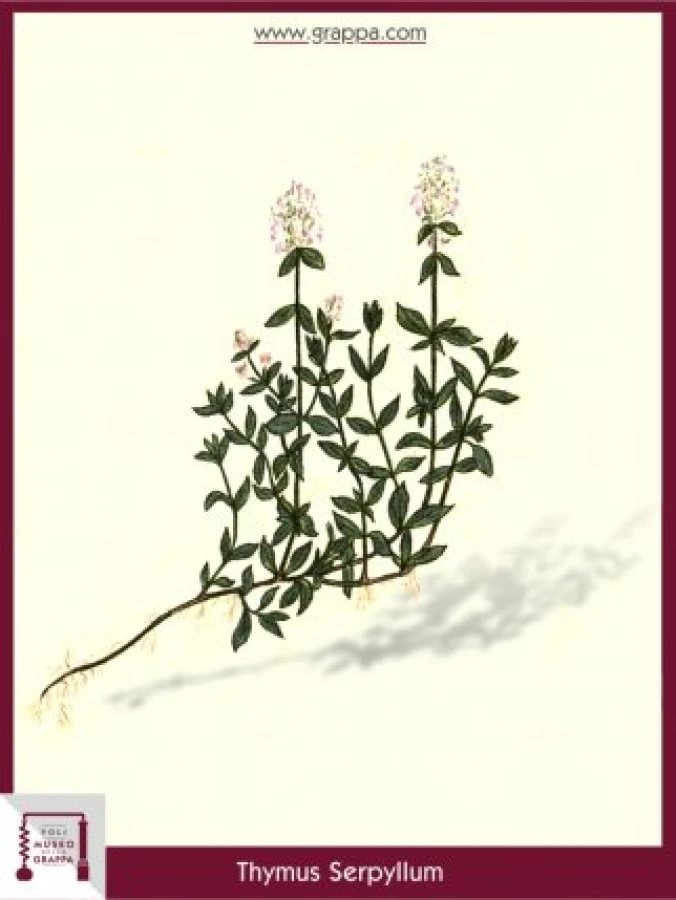The thyme guarantees a long life
Breckland Thyme
The thyme guarantees a long life
Plant:
Breckland Thyme
Plant Part:
flower
Plant Properties:
digestive, diuretic, purifying, expectorant, tonic, nerve-strengthening, antiseptic, vermifuge, balsamic, disinfectant, antispasmodic, spasmolytic, diaphoretic
Description:
"Omnia commista caput punctum sanat" was written in the famous Herbarium to Apuleius (Pseudo-Apuleius Herbarius) to emphasize the importance of the thyme against neuralgic diseases of the head.
In fact, the reputation of the thyme as a cure-all for many evils, and was widely spread by the Arabs as well as by the physicians of the late Middle Ages.
Dalla Porta did not neglect, according to his symbolic and mystical view of medicinal herbs, that the thymian herb is a suitable means for a long life. Also Albertus Magnus mentioned it as a sedative, useful in melancholia and for epileptics.
The fact is that the plant still retains its remarkable place in medicine, especially as an antiseptic, deodorant and mucolytic agent. All this due to its essential oils thymol, pinene and carvacolo and their strong and effective antibacterial activity.
In particular, it should be noted that high doses of thymol can cause nervous disorders and gastrointestinal symptoms; thyme in vast quantities, taken as herbal tea or as an extract, can cause phenomenon of poisoning.
Ingredients:
- a bunch of thyme
- 1 liter of Grappa
- a lemon peel
Preparation:
The problem does not arise for the Grappa as the amount of thyme which is left to soak is limited to a small bunch per liter.
Before the filtration thethe Grappa together with a lemon peel has to stay for a few weeks in the sun and then to rest in the darkness for about three months.
After the aging of two months the Grappa is ready to be consumed and has a dark yellow color with the typical flavor of thyme and its digestive properties.


